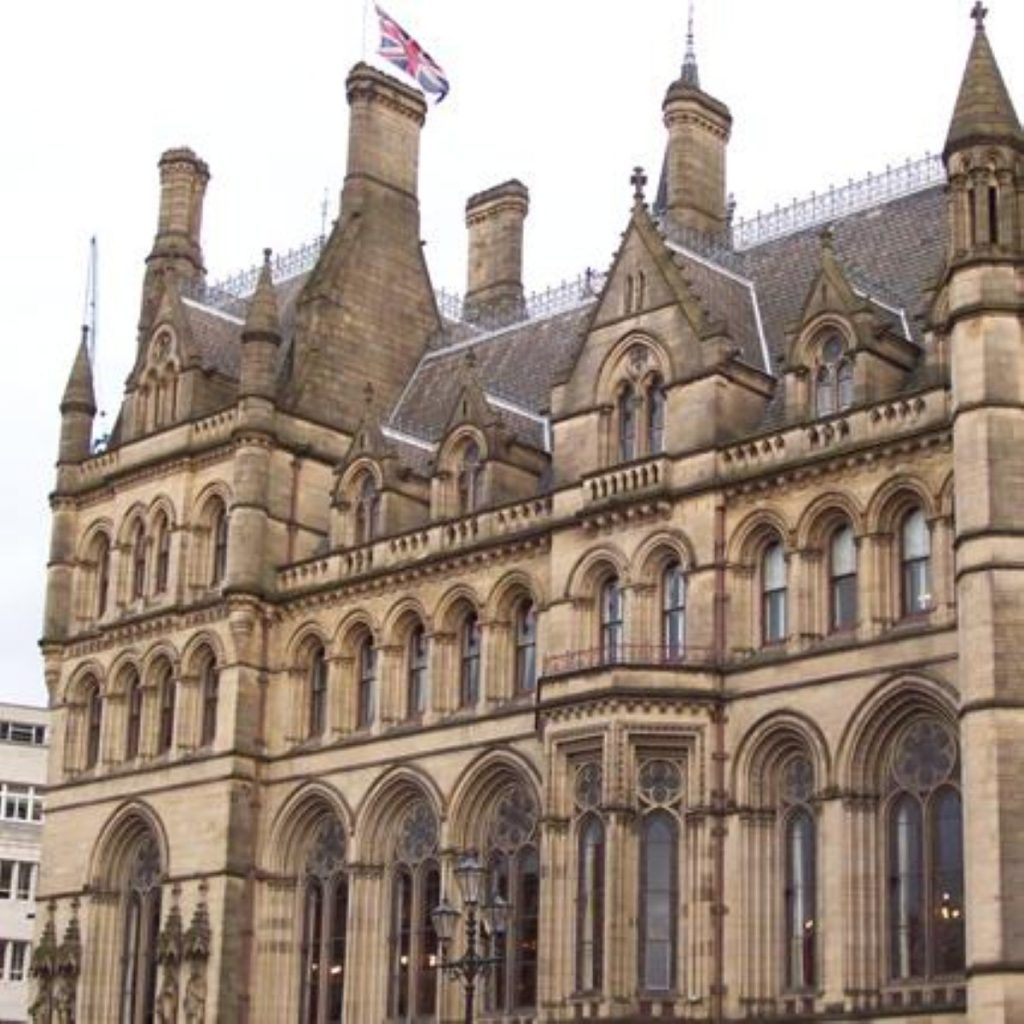Viva la revolution: Cities ready to break Whitehall’s shackles
Local authorities could be on the brink of a revolution freeing them from subservience to Whitehall, the leader of Manchester city council has claimed.
Sir Richard Leese, who has led Manchester for Labour since 1996, told politics.co.uk the results of a 'whole place community budget' pilot scheme in which local authorities share their resources with government departments showed it may be possible to achieve a "complete transformation of how public services are delivered".
The switch could result in councils working with the NHS to deliver elderly care services, for example. Critically for Sir Richard, the local authority would be in control of delivering the effective integration of services at the local level.
"These are big changes," he said.


"They can't and won't happen overnight, but over the period of a few years we could see the biggest, best transformation of public services that has ever been seen, on a scale that until relatively recently has been unimaginable."
Under the business plans submitted to government, Sir Richard believes there is sufficient evidence to justify a whole range of public services being integrated better through shared performance management networks at the neighbourhood level.
"Clearly it's only local authorities who are in a position to lead on all of that," he explained.
"We do believe that through that, for vulnerable people, we can make real progress in these very difficult areas.
"Maybe not immediately, but ultimately we can have a win-win scenario of far better outcomes for families, and also less of a bill for the taxpayer."
His claims come one day before the eight biggest cities outside London and the south-east join together to create a 'core cities Cabinet', which will unite city leaders in demands on the coalition government.
A joint letter sent to prime minister David Cameron today pledges "ambitious strides to step up and deliver on growth programmes", but demands "increased dialogue and commitment from central government" in response.
The heads of Nottingham, Newcastle, Birmingham, Leeds, Liverpool, Bristol and Sheffield join Manchester's Sir Richard for the inaugural meeting.
They are proposing a grand "offer" to the government to work across departments to assist them in pursuing growth in order to "maximise the economic potential of our regions". Council leaders have agreed to take on portfolio responsibilities in key policy areas including transport, housing, investment and public sector reform.
"You're starting to see a redrawing of the local government map," Simon Parker, director of the New Local Government Network think-tank, told politics.co.uk.
He said the advent of combined authorities like Greater Manchester, community budget pilots and the core cities agenda reflected a shift which is actually supported by ministers.
"They're looking for ways to unlock growth – and they see potential in cities," Parker said.
"This process is really about the government looking for ways to give cities the power to get on with things themselves."
The partisan divide between the core cities Cabinet's leadership and the Conservative-Liberal Democrat government is now being put aside in pursuit of the common goal of economic growth, experts claim.
"There's common cause between the cities and the government – everyone wants growth, everyone wants jobs," he added.
"Your best bet is a return to prosperity, because that will relieve the pressure on services. What's interesting is even some of those cities, like Liverpool and Newcastle, which are having very robust words with the government about spending cuts seem to be working very pragmatically [with Whitehall] on the growth agenda."
Leese said the original core cities proposals had been put forward in the late 1990s, but accepted his calls for more independence for local government at the time were little more than "rhetoric".
"I would have struggled to give concrete evidence," he accepted.
"What has changed is that over the past decade, certainly on the economic agenda, we've built a very robust evidence base which civil servants in the Treasury, for example, have accepted.
"We are now making the case for the broader social agenda as well. I think that's a big difference now. We've got strong evidence about working with local government not just as partners but also taking the lead at the neighbourhood level, which will enable us to bring about the sorts of transformations we've talked about."









